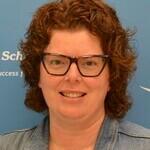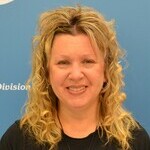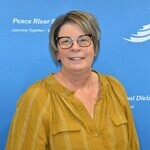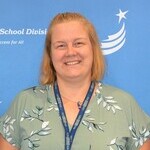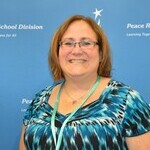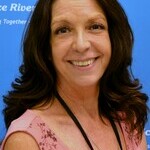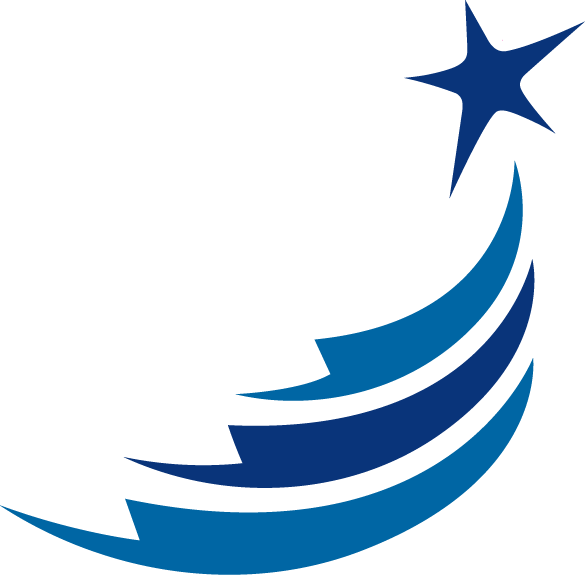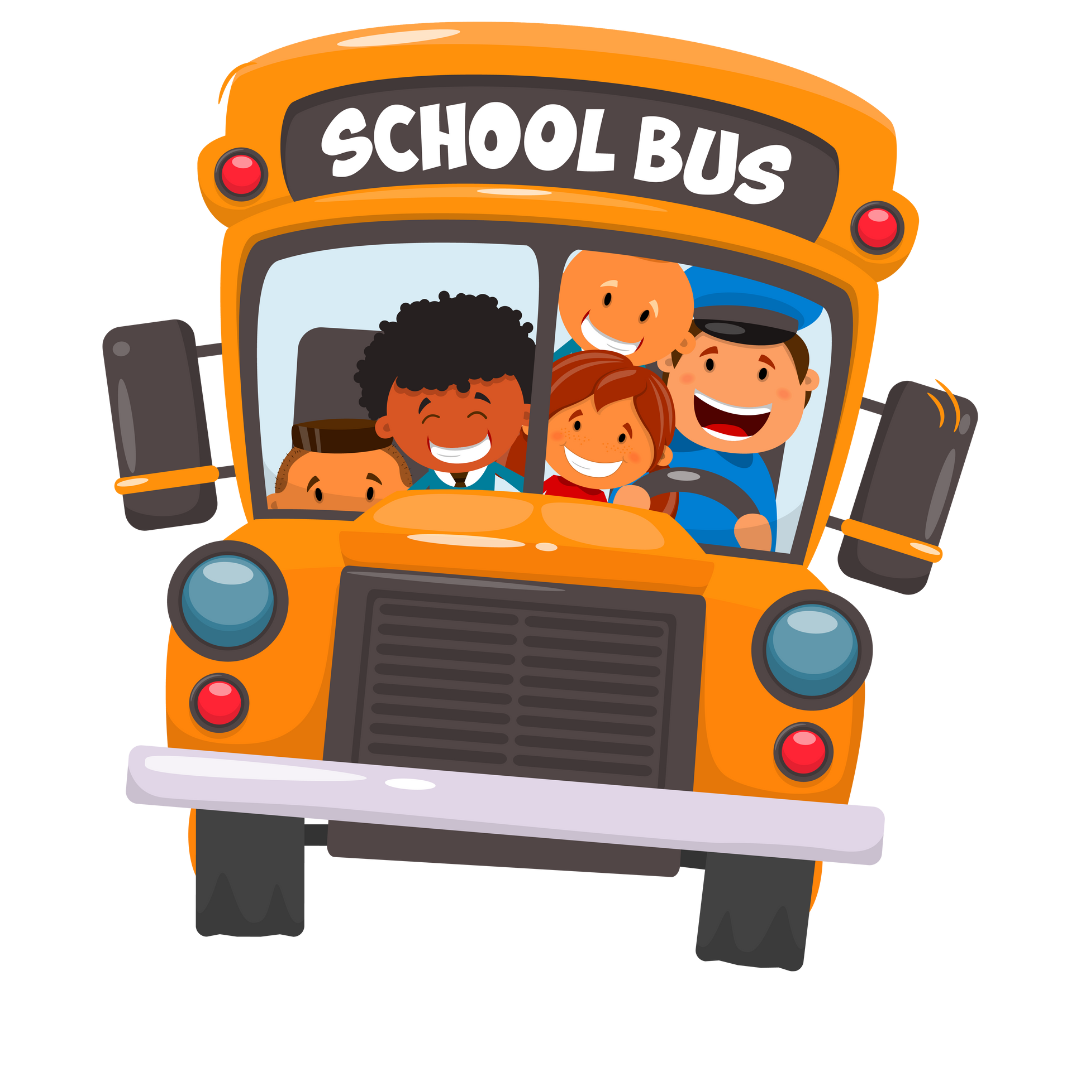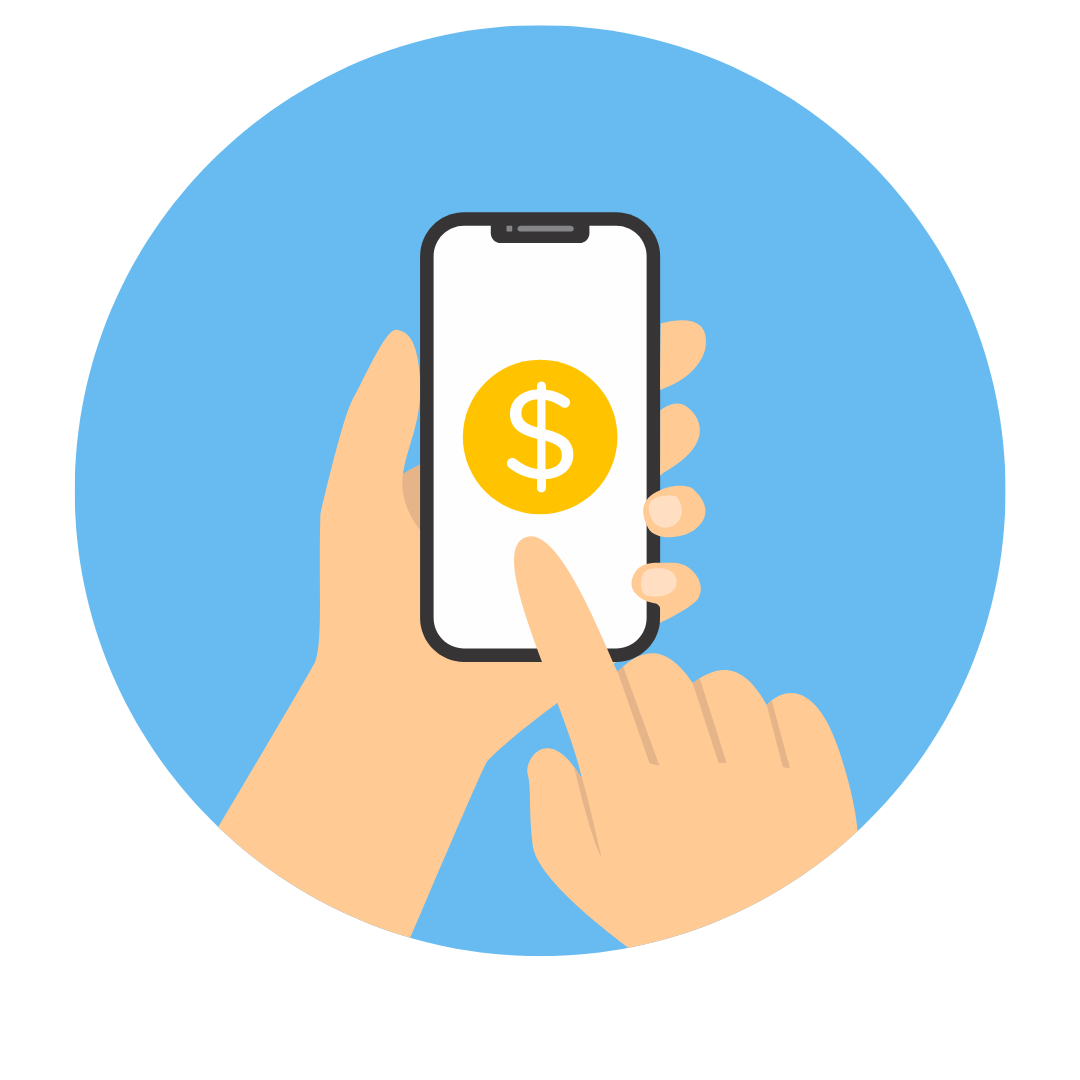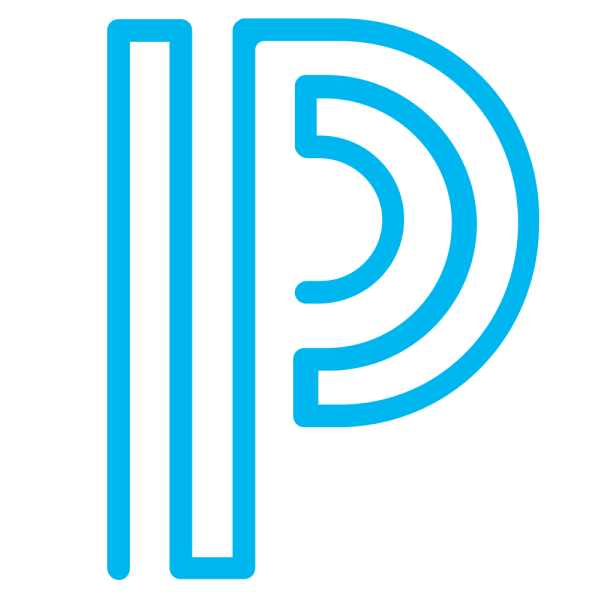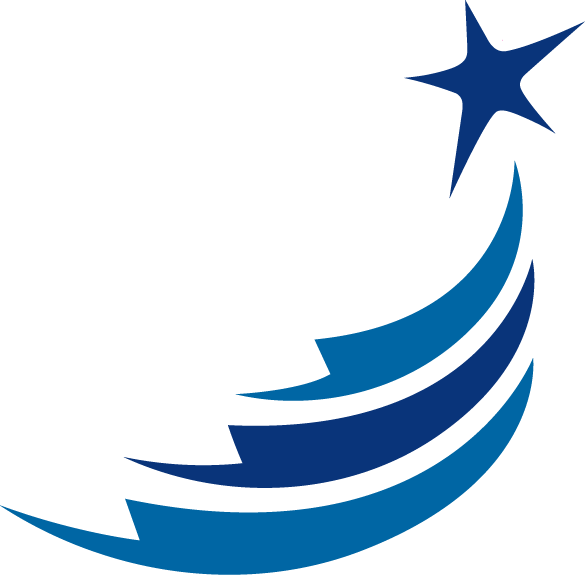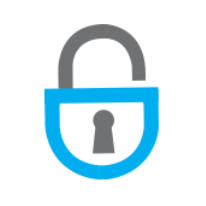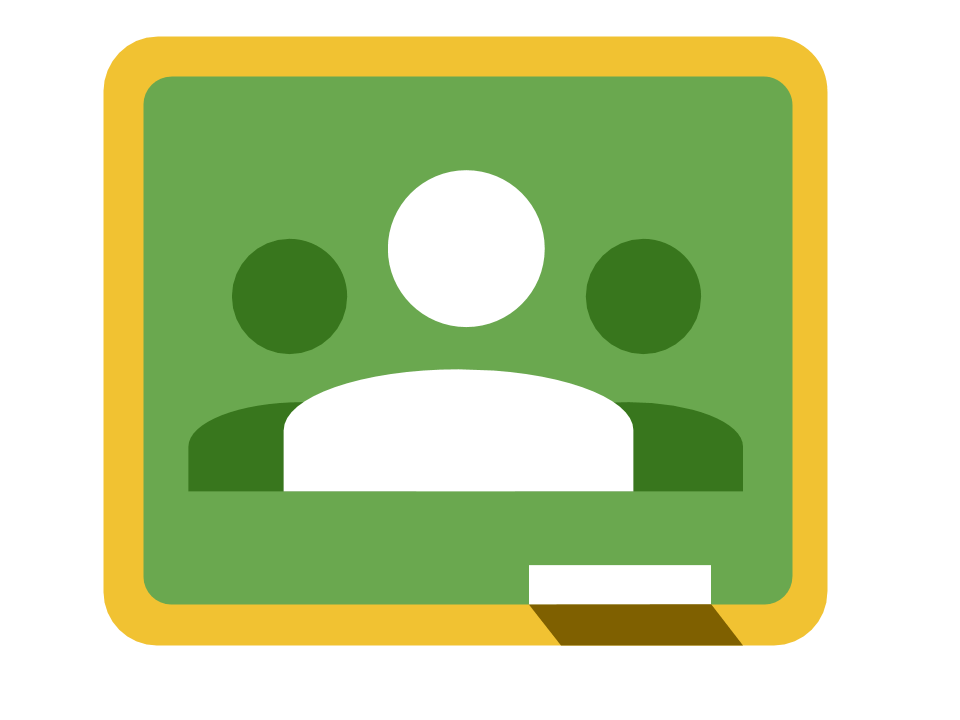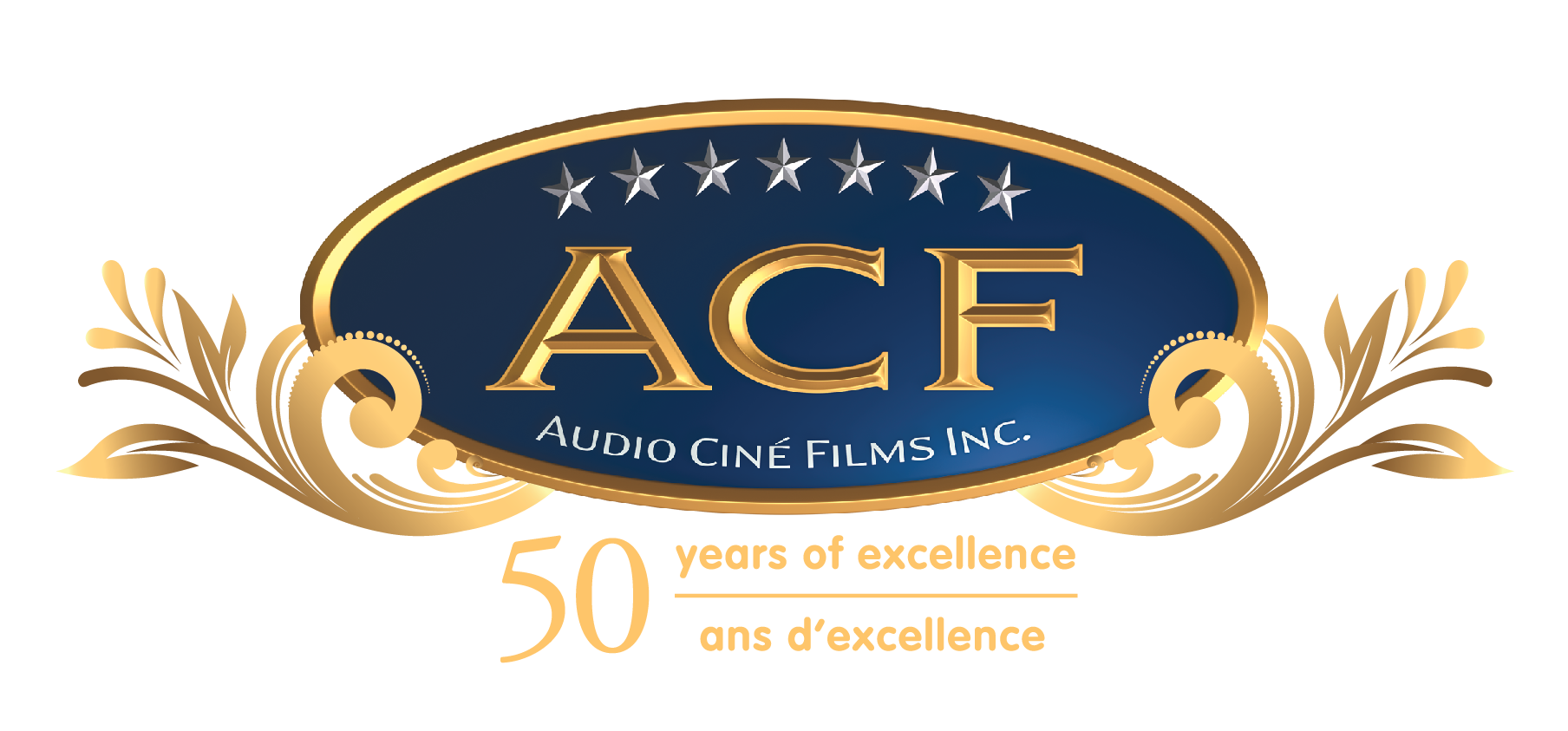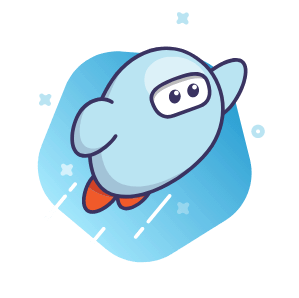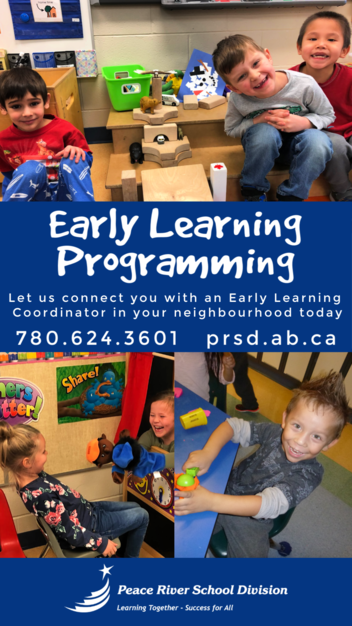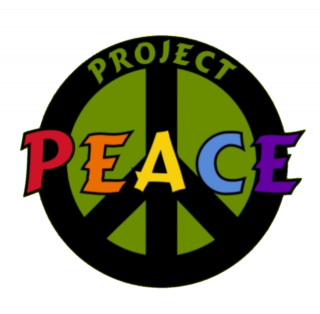Inclusive Education
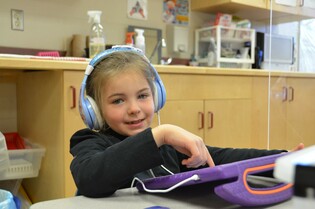
Inclusion is not just about learners with special needs. It is an attitude and approach that embraces diversity and learner differences and promotes equal opportunities for all learners (Alberta Education).
Every student has unique needs which must be met with flexible and responsive learning goals and environments. Peace River School Division strives to support students’ academic, behavior, and social/emotional needs through a continuum of supports in a variety of school settings.
Flexible and responsive supports include:
- Universal supports – strategies/supports incorporated into the environment for all learners, such as flexible learning resources and technologies, differentiated instruction, and positive behaviour supports.
- Targeted strategies or interventions – for learners who need more specialized learning opportunities or access to more specialized support, such as writing accommodations, explicit instruction, or reading intervention.
- Specialized/Individualized supports – supports that directly relate to individual learning needs and may involve external expertise such as the use of alternate and augmentative communication systems (ACC), or mental health support.
All Peace River School Division schools have dedicated Inclusive Education time. If your child needs further support, please contact your local school.
Early Learning & Kindergarten Programming
Project Peace Program
School-Based I-Coaches & Divisional Inclusive Education Coordinators
School Social Workers / School Social/Emotional Behaviour Consultant
Student Support Workers
Success Coaches
Family School Liaison Worker
Community Helper's Program
External Service Providers
Learning Services & Supports
